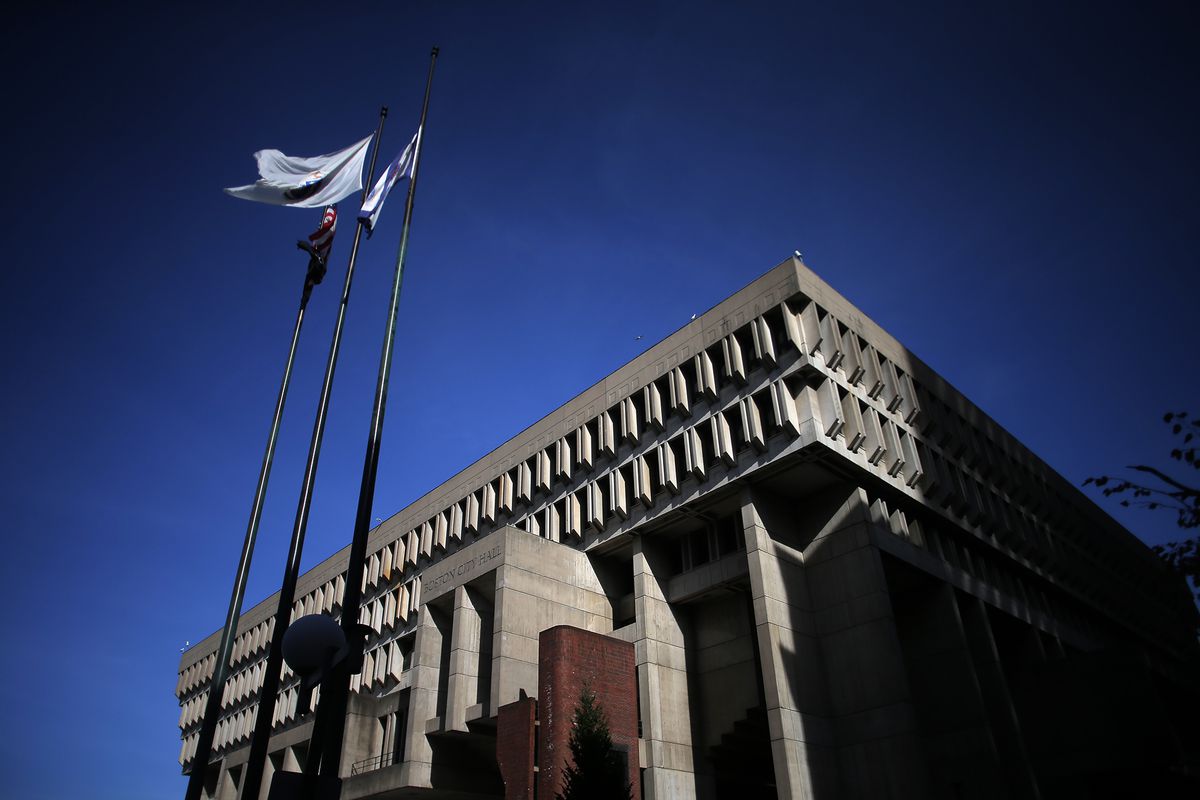United States Supreme Court, Shurtleff et al. v. City of Boston et al., No. 20-1800, 596 U. S.____(2022), 2 May 2022

On the 2nd of May 2022, the Supreme Court of the United States ruled on the protection of freedom of expression and the display of religious symbols at government buildings.
In the present case, Boston City Hall denied a request by a group of citizens to temporarily raise a flag representative of Christian values on the City Hall, on the occasion of a celebration that the municipality had allowed in the square in front of the building itself.
The public administration justified such refusal on the grounds that any consent to displaying the aforesaid religious symbol would be in contrast with the First Amendment’s Clause of the Constitution, which prohibits the establishment of State religions and safeguards, among other things, the free exercise of freedom of religion and freedom of speech.
The refusal to raise the flag was found to be legitimate, in the first instance, by the District Court and was subsequently upheld, on appeal, by the First Circuit Court, according to which the flying of religious symbols from a public building amounted to a s.c. “government speech”.
The Supreme Court ruled that a holistic inquiry taking into account several types of evidence is necessary in order to determine whether the government intends to speak for itself or, rather, to regulate private expression. Particularly, such elements include the history of the expression at issue; the public’s likely perception as to who (the government or a private person) is speaking; and the extent to which the government has actively shaped or controlled the expression.
Based on this assessment, Justice Breyer’s opinion – along with the concurring opinions of Justices Alito, Gorsuch and Kavanaugh - concluded that flying the flag on the City Hall was not a “government speech”, but rather a free expression of thought by private citizens, given the lack of meaningful involvement of the municipal administration in selecting the flag and in crafting its message. Therefore, in the present case, the refusal by the public authority violates the First Amendment’s Free Speech Clause.
(Comment by Marco Galimberti)

